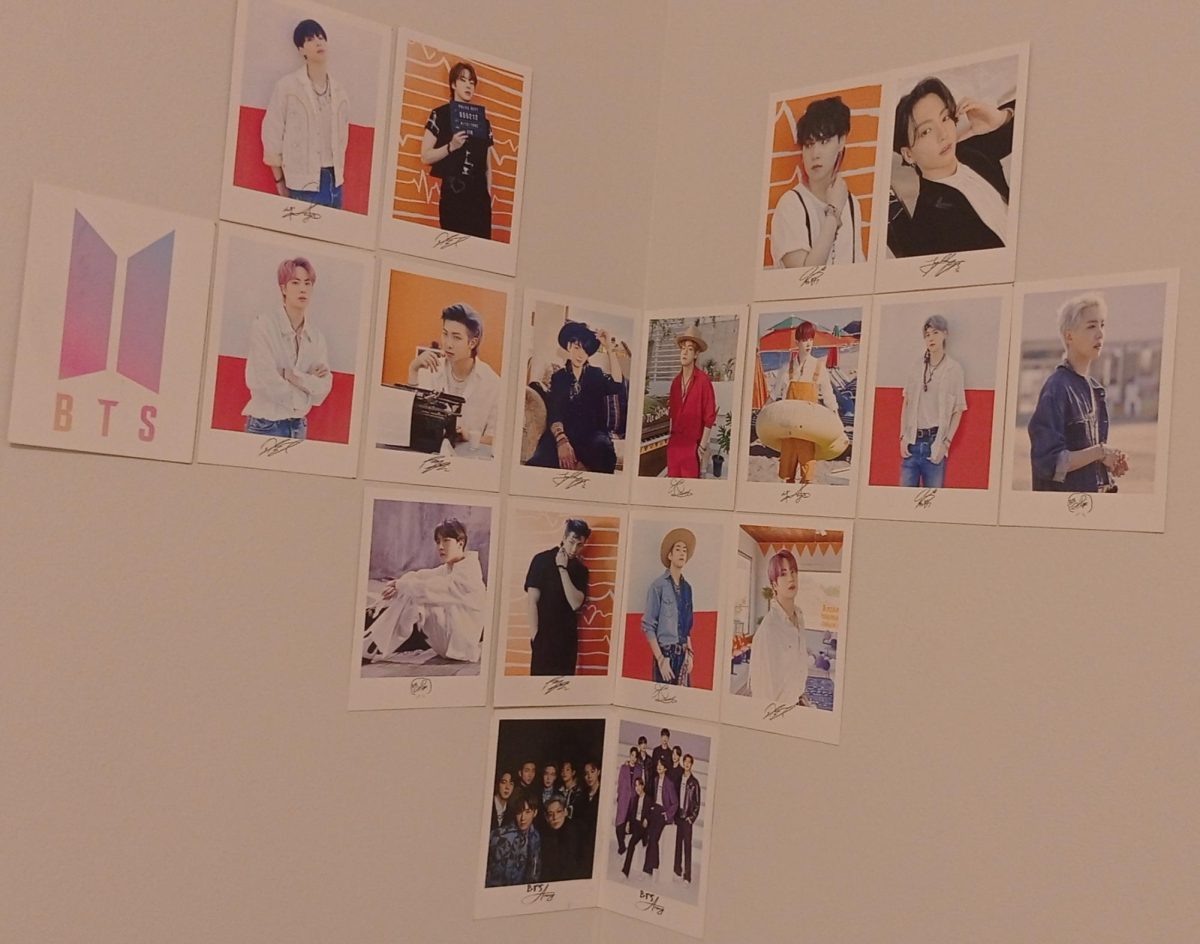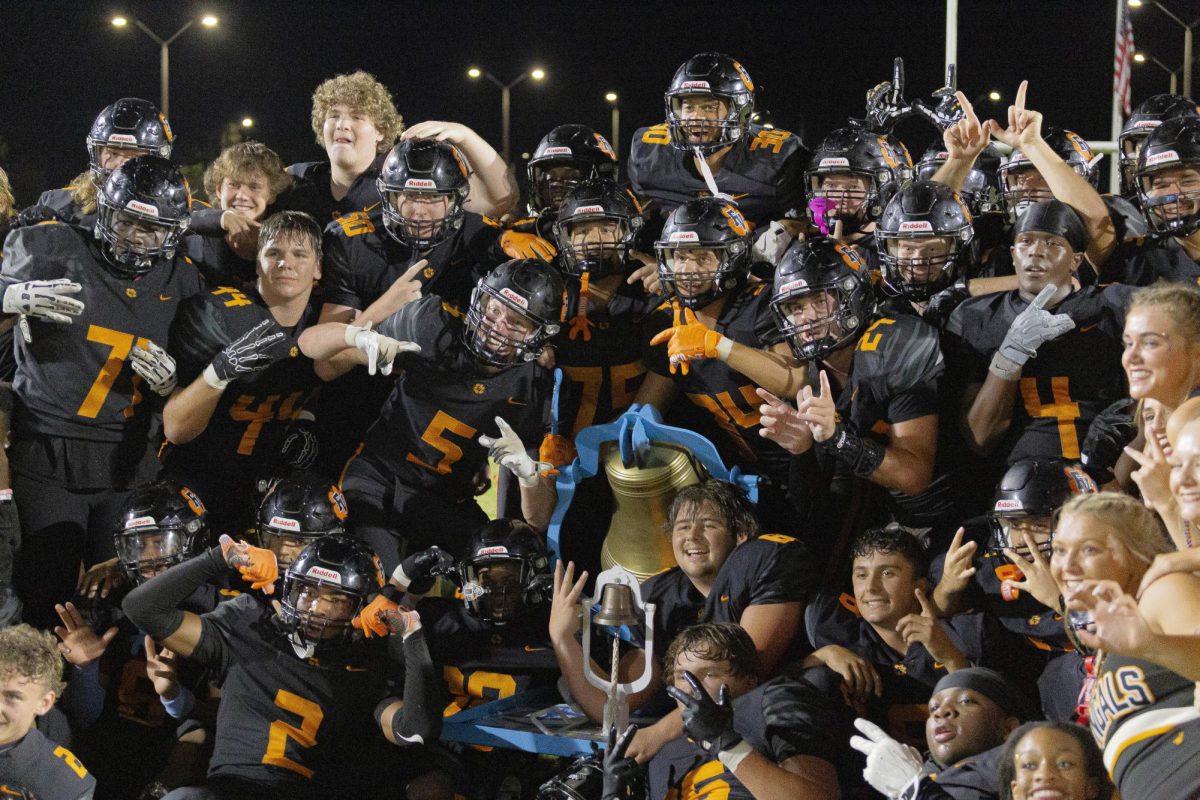K-pop is no longer just South Korea’s music, it’s a worldwide movement that has redefined what pop culture means. From packed stadiums in Los Angeles to fans in tiny cafés streaming new comebacks at midnight, the reach of K-pop today is nothing short of extraordinary. Groups like BTS, BLACKPINK, EXO, TWICE, SEVENTEEN and GOT7 have turned Korean music into a global language of rhythm, art and emotion.
One of the biggest reasons for K-pop’s global success is its attention to detail and dedication to perfection. Idols spend years training before debuting, mastering not only singing and dancing but also stage presence, performance and fan communication. When you watch a K-pop performance, whether it’s BTS’s “Mic Drop” or EXO’s “Love Shot” it’s not just music; it’s storytelling through movement and emotion. Every stage feels like a moment, every comeback feels like a movie premiere.
A passionate fan since 2020, Diya Krishnan Karthikeyan said, “Honestly, it’s BTS, it’s their dedication, effort, and sacrifices that make them who they are.” That hard work shines through every detail of their performances, from choreography to lyrics. It’s why millions of people admire them, not just as artists, but as symbols of persistence and passion.
Beyond the talent and visuals, K-pop connects people together because it carries real emotions. The lyrics, even when sung in Korean, are about universal feelings, like love, loss, friendship and self-acceptance. BTS’s “Spring Day” speaks about missing someone, while TWICE’s “feel special” reminds people that they’re never truly alone. BLACKPINK’s “Kill This Love” captures heartbreak and empowerment in one beat. Fans around the world relate to these emotions, even if they don’t speak the same language. Music becomes the bridge that connects everyone.
Diya also added, “It’s songs like ‘Fire’ by BTS and ‘How You Like That’ by BLACKPINK that really show what makes K-pop so powerful. It’s confident, emotional and full of energy.”
Social media was another powerful force behind K-pop’s explosion. Platforms like YouTube, TikTok and Twitter, today known as X, helped the genre spread far beyond Asia. Fans became promoters, translators and creators all at once. They streamed, subtitled, organized events and introduced the music to new audiences. When BTS released “Dynamite” or BLACKPINK dropped “How You Like That,” the internet almost stopped. It wasn’t just about watching, it was about experiencing it together.
Daksha Ravva said, “K-pop isn’t just music you listen to; it’s a community you join.” That community is what makes it unstoppable. Fandoms like ARMY, BLINK, EXO-L and ONCE treat their groups like family and that bond is what keeps the passion alive. These fandoms are creative, organized and powerful. They’ve broken streaming records, raised money for charities and built friendships across continents. ARMY even won Best Fan Army award at iHeartRadio Music Awards multiple times, including in 2017 through 2024.
K-pop’s global success also comes from how versatile it is. The music itself doesn’t stick to one sound, it blends pop, hip-pop, EDM and R&B into something constantly evolving. BTS released an emotional ballad like “The Truth Untold” and then followed it with an energetic anthem like “Idol.” BLACKPINK can go from fierce and edgy in “Pink Venom” to emotional in “You Never Know.” This variety keeps fans excited because there’s always something new.
The visuals are another major reason K-pop stands out. Every music video is cinematic, full of color, meaning and creativity. BTS’s “Blood, Sweat & Tears” and EXO’s “Monster” tell stories through symbolism, while TWICE’s “What Is Love?” Uses movie-inspired themes to capture nostalgia and joy. Each comeback feels like an event, with new concepts, fashion and choreography that set trends across the world.
Daksha also added, “K-pop is about dancing, singing and rap, it’s a full performance. Pop music mostly focuses on singing, but K-pop gives you visuals, beauty and creativity all together.”
But perhaps the most important reason K-pop became a global phenomenon is the message behind it. Most idols started from humble beginnings. Their stories, of hard work, teamwork, sacrifices and never giving up, inspire fans to chase their own dreams. K-pop showed that Asian artists could reach global success while staying true to their roots.
As Stephanie Choi, a postdoctoral associate said, “K-pop is really about the bond between the idols and the fans.”
The third generation of K-pop especially changed everything. BTS spoke openly about youth, pressure, self-love and mental health. BLACKPINK showed strength, confidence and individuality. EXO and GOT7 brought powerful performances and emotional storytelling, while TWICE and SEVENTEEN spread positivity and self-love. Together, they built the bridge that connected East and West, making K-pop a truly global force.
In the end, K-pop became more than just a trend; it became a reflection of effort, unity and heart. It proved that music can break language barriers and cultural walls. Idols get emotional when fans sing along to Korean lyrics in concerts around the world. It’s not just about entertainment, it’s about connection.
K-pop didn’t just cross countries, it crossed hearts. And maybe that’s the real reason it became a global phenomenon; it reminds the world that passion, creativity and love for music speak louder than any language ever could.





































